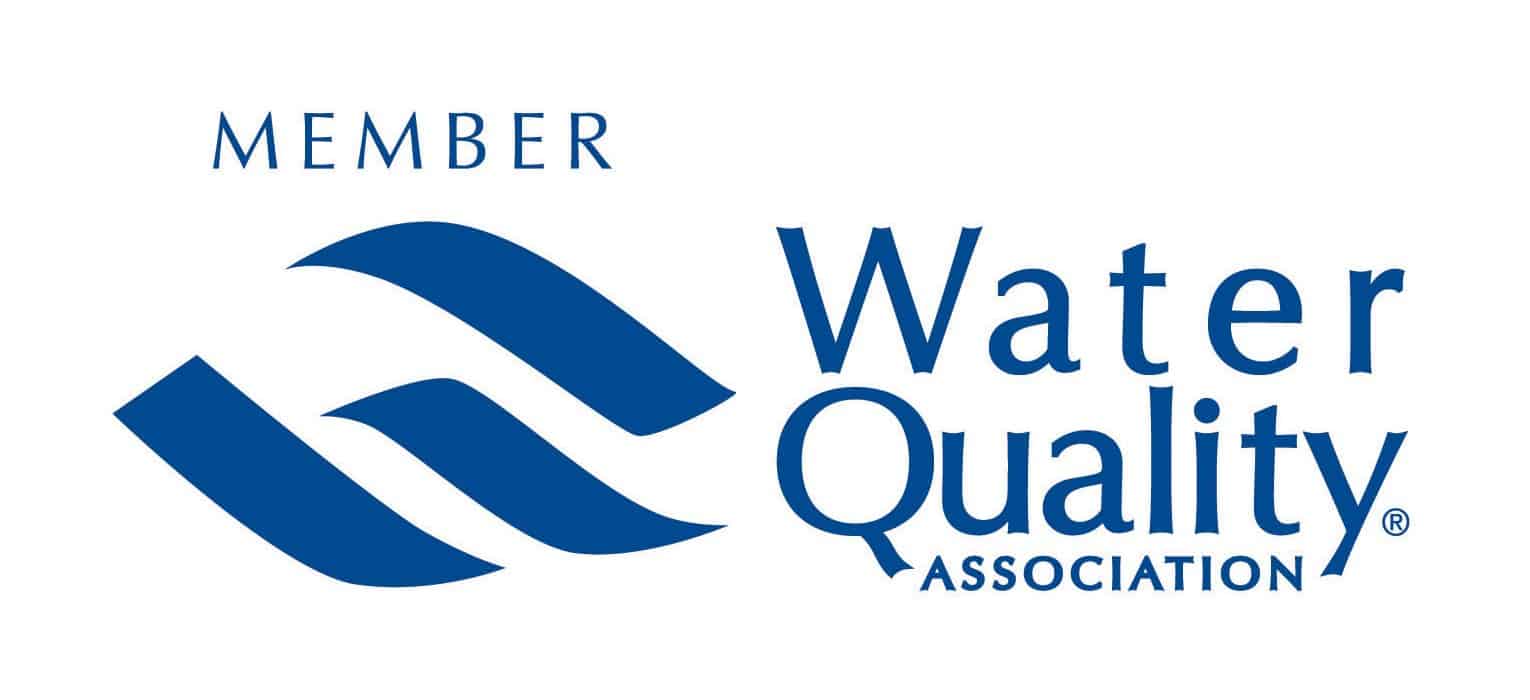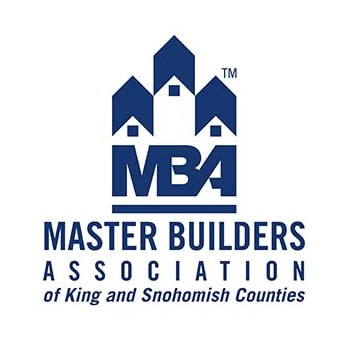Water Filtration in Washington
Washington water filtration & treatment systems are designed to remove harmful or nuisance minerals and pathogens from your water supply. Whether the concern is hardness, acidic water, iron, arsenic, nitrates, sodium, chlorides, or bacteria, a properly designed, installed, and operated water treatment system can deliver peace of mind to a growing family.
Testing & Design
Proper water filtration & treatment system design starts with a good onsite testing routine. JKA Well Drilling & Pumps always recommend an onsite visit with one of our lead technicians to look at, smell and even taste the water, talk to you about your experience with your water, perform on-site analysis of the water with special water testing equipment, and custom-design a solution that’ll meet your needs.
Call us today to schedule your water testing and system design in your home.
Point of Entry Water Filtration
If you want pure water from every faucet within your home, including at the washing machine, you’ll need what is generally called a Point of Entry system (‘POE’). Point of Entry water treatment systems typically are used to remove arsenic, sodium, barium, and bacteria from water well and surface water supplies.
POE systems tend to be sized to demand on the system. Generally, the most cost-effective method of treating water like this is by using storage tank POE systems – the water is pumped from the well, treated, then into a storage tank system which provides for enough treated water to meet peak usage requirements (typically, peak usage is measured from 7AM to 9AM & 5PM to 7PM). However, you have to be careful to separate the treated water from untreated water – such as the water used to wash your car from the water you drink. This can all be accomplished with detailed system design & usage analysis.
Point of Use Water Filtration
If you want water that is bottled water quality at your kitchen sink, or refrigerator door, you could do with just a reverse osmosis system under the countertop – any single point system such as this is called a Point of Use (POU) system. Low levels of arsenic & barium are also treated this way, along with chlorine from municipal water supplies.
Filters for Municipal Water
Most bottled water products are from public water supplies – they take the water from the city water main and treat it before bottling. The same process can be performed under your sink, near your fridge, or at your water fountain, and you only have to buy it once!
Types of Filtration Equipment Commonly Installed
Bag Vessel Filter Assemblies
Bag filters allow for the use of a disposable neoprene bag to collect sand, casing scale, and other small debris before it goes into the larger more expensive equipment.
- Lightweight corrosion-resistant polypropylene construction gives you strength without weight.
- Choice of 10″ or 20″ housings.
- Available in 1″ and 1.5″ NPT sizes.
- Comes complete with a pressure gauge, wrench and 3/8″ drain valve.
- Light enough to be portable.
- Economically priced.
Cartridge Filter Assemblies
Cartridge filters allow for the use of a disposable cartridge that can be ordered to filter out a variety of contaminants, including iron, hardness, sediment, rotten egg/sulfur odors, and even arsenic before it goes into the larger more expensive equipment.
- Lightweight corrosion-resistant polypropylene construction gives you strength without weight.
- Choice of 10″ or 20″ housings (we recommend the 20’s).
- Available in 1″ and 1.5″ NPT sizes.
- Light enough to be portable.
- Economically priced.
Automatic Backwashing Filters
The main advantage of a backwashing water filter system is that there is very little routine maintenance required, and the treated water flow rates are usually high enough for a single unit to supply a household with plenty of filtered water.
Automatic backwashing filtration systems use a complicated automated valve head to measure the gallons of water used and/or time lapsed between cleaning cycles, and to automatically engage the proper cleaning cycles in the filter, including backwashing, rinsing, and drawing in air or chemicals to clean the media bed.
Filters can be readily designed and supplied to remove rotten egg odors, fix acidic water conditions, remove blue-green staining, fix iron and manganese staining issues, and correct other water quality issues.
- Effectively filter higher flow rates than cartridge and bag filters
- Automatic filter bed cleaning
- Onboard fault & error detection
- Customized media bed to meet your water systems requirements
- Mixed media beds can be used to filter more than one contaminant with a single filter system
Water Softeners/Anion Exchange Systems
Water softeners, known technically as cation exchange filters, and anion exchange filters, use highly specialized ‘resin’ media that will exchange sodium particles for positively or negatively charged ions. This means we can charge the filter media with sodium, and then trade that harmless level of sodium for iron, hardness, tannins, and even arsenic if the water chemistry is correct. Water softeners and anion exchange filters are highly efficient, allow for very high flow rates and a renewable media that doesn’t go to waste.
- Economically filter higher flow rates
- Renewable media
- Low water waste
- Automatic filter bed cleaning
- Onboard fault & error detection
- Mixed media beds can be used to filter more than one contaminant with a single softener
UV Purification Systems
Ultraviolet purification systems use UV bulbs in filtered water to sterilize the water by destroying the genetic makeup of the virii, bacteria, and protozoa that may be living in the water supply.
UV systems are highly reliable and very low maintenance, requiring only that the bulb and quartz tube be replaced annually. The only drawback is that UV systems should be installed as the last component in a filtration system, as they require water free of suspended solids/contaminants that may hide the pathogens from UV light exposure.
- Highly reliable and stable UV bulbs, good for the entire year
- No chemical injection is required to kill bacteria/virii
- High flow rates and low contact time requirements
Reverse Osmosis (RO) Membrane Systems
RO water systems are designed to remove chlorides and sodium from the water. Whole-house Reverse Osmosis is often very expensive and can waste almost as much water as it produces as part of the process, but when water systems produce 350+ ppm of sodium or chlorides, it becomes a requirement to prevent damage to fixtures and appliances and make the water potable.
Reverse Osmosis requires that the raw water be filtered for hardness, iron, manganese, and any other impurities possible prior to entering the RO system. Additionally, high-pressure differentials will create a more efficient RO system, so often a booster pump is installed to feed high-pressure water to the membranes and reduce the amount of wastewater generated.
Most bottled water suppliers use Reverse Osmosis to filter tap water supplied to their plants, then add some minerals back in for a better taste, and bottle the result to be delivered to stores.
Point-of-use reverse osmosis systems are readily available and designed to be installed under the kitchen sink. Point-of-use RO systems can eliminate the need for bottled water at home entirely!
- Reverse Osmosis can remove 99.4% of impurities from water
- Often used to filter sea water for sailing vessels and seaside homes
- RO is used by bottled water companies, and a point-of-use RO under your sink can eliminate the need for bottled water at your home
- Can be used to remove total dissolved solids, arsenic (species specific), sodium, and chlorides.




